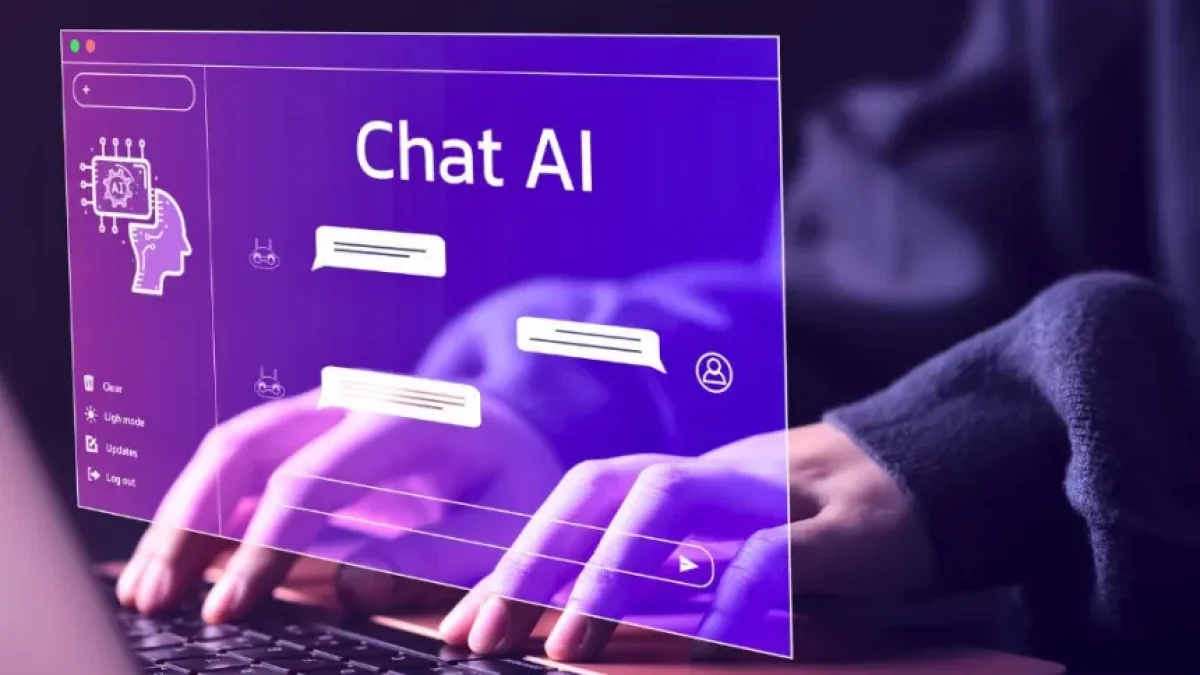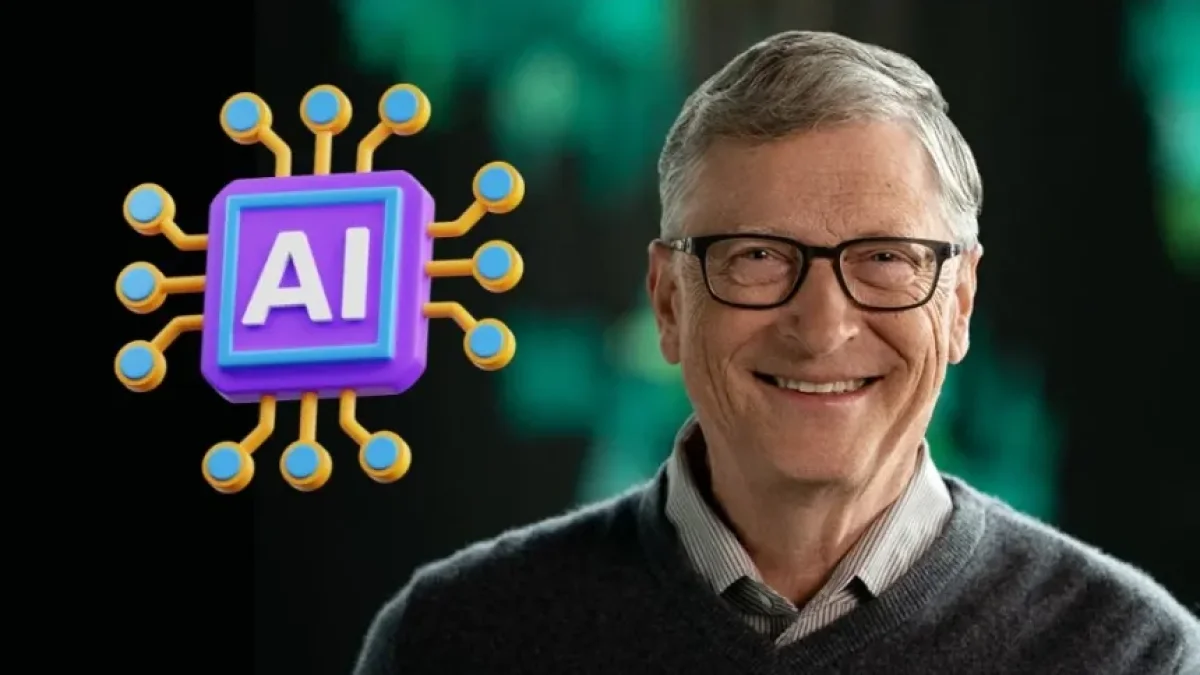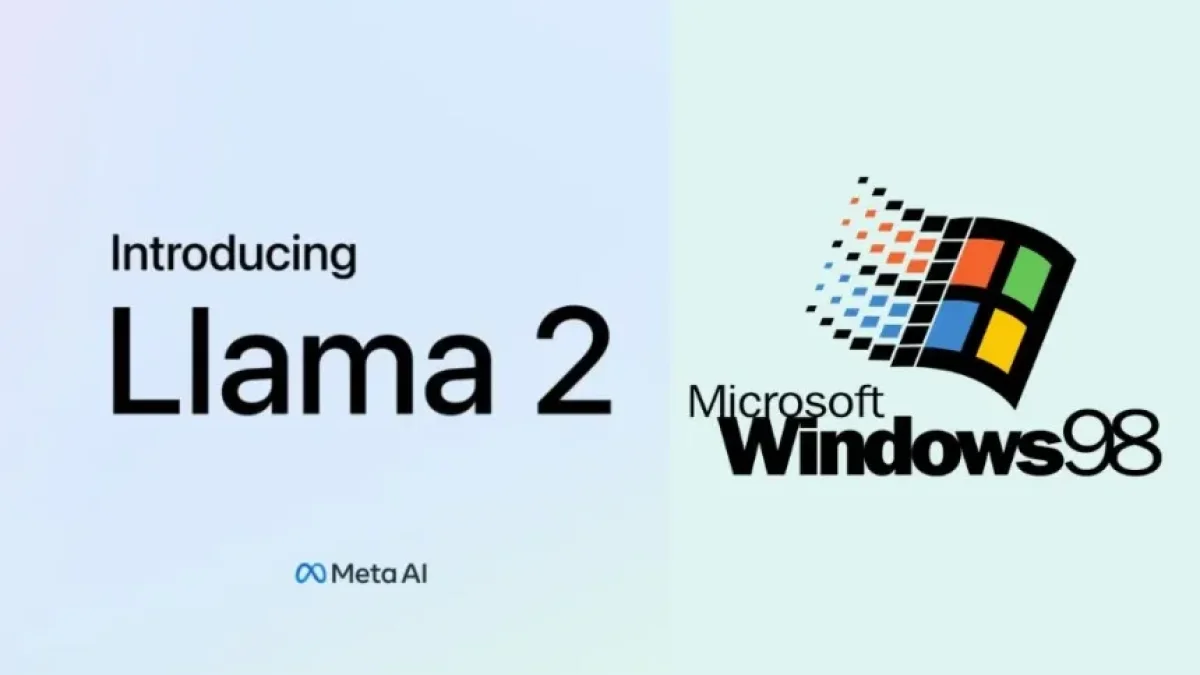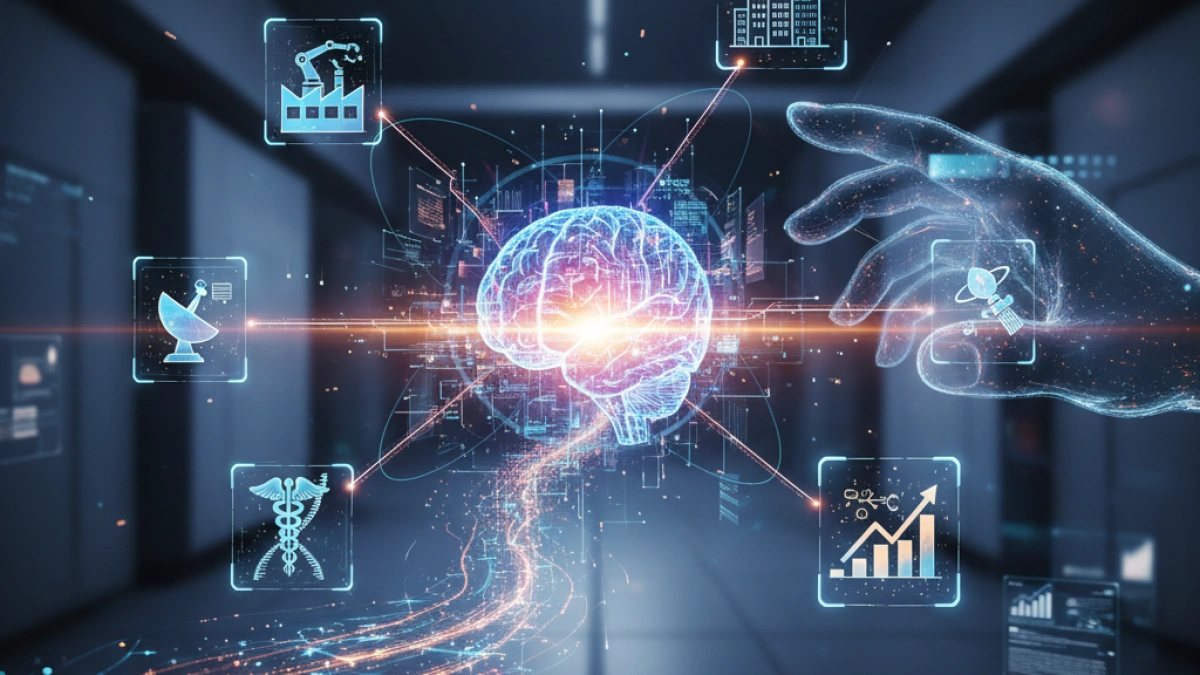Does artificial intelligence make us dumber or smarter?


In a world increasingly dominated by artificial intelligence (AI), the question of its impact on our cognitive abilities has gained relevance. A new study suggests that AI could be affecting our ability to think critically. Below, we explore the most relevant findings of this research.
AI and Its Influence on Critical Thinking
A recent study has revealed that the continuous use of artificial intelligence tools could be weakening our reasoning and critical thinking skills. Researchers found that individuals who rely on AI for tasks requiring analysis tend to excessively trust these systems, which can lead to a decline in their problem-solving abilities.
The study indicates that as the use of virtual assistants and algorithms becomes more common in our daily lives, there is a trend to underestimate the importance of individual reflection. As a result, participants showed a remarkably low level of curiosity and critical analysis compared to those who did not use these technologies.
Technological Dependence and Education
One of the most concerning aspects emerging from this study is the relationship between the use of AI and education. Educators have observed that students who use AI tools to assist with their assignments tend to have a more superficial approach to learning. This dependence can hinder the acquisition of fundamental skills such as information evaluation and logical reasoning.
Researchers suggest that it is crucial to foster a balance in the use of AI. Teaching students to use technology as a complementary tool, rather than a replacement for their own thinking, could be an effective strategy for maintaining and improving their cognitive abilities.
Benefits of Artificial Intelligence
Despite these concerns, it is important to note that artificial intelligence also offers a number of benefits that cannot be ignored. AI allows for the automation of repetitive tasks, making daily life easier and freeing up time for activities that require a deeper focus.
Furthermore, artificial intelligence can be a powerful ally in the search and analysis of information. When used correctly, it can help individuals access previously inaccessible knowledge and enhance decision-making by providing data that supports diverse perspectives.
Read also
Paths Forward
The solution seems to lie in the conscious and balanced use of artificial intelligence. Setting limits on when and how to turn to these tools could be key to preserving our cognitive skills.
Researchers emphasize the importance of education in this process. If individuals are trained to use AI critically, not only will their intellectual skills be preserved, but they will also be enhanced. This transforms AI from a potential detriment into a tool that, if used properly, can enrich our capabilities.
In conclusion, the relationship between artificial intelligence and critical skills is complex and multifaceted. While excessive dependence on technology may lead to some loss of cognitive abilities, it also offers opportunities for growth and learning.
If you wish to stay informed about topics like this, I invite you to read more news on my blog. See you next time!



















